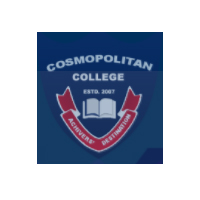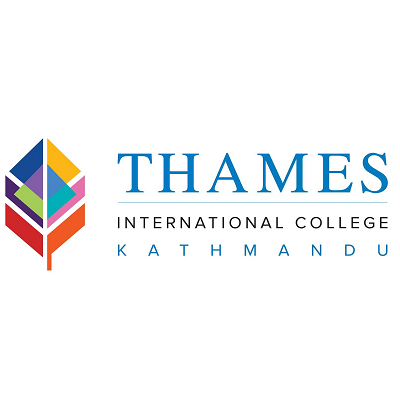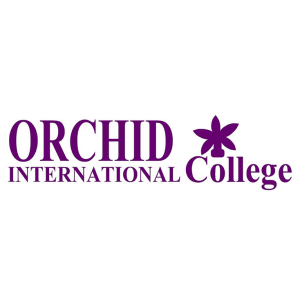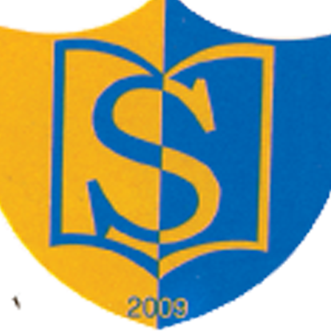Overview
Bachelor of Arts (BA) at Koteshwor Multiple Campus, Jadibuti, Koteshwor, Kathmandu
Bachelor of Arts (BA) at Koteshwor Multiple Campus (KMC), Jadibuti, runs under Tribhuvan University. The program serves students who want a humanities and social sciences route anchored in reading, writing, and social inquiry.
The course sequence rewards steady study habits and guides you toward clear academic writing, careful use of sources, and practical exposure in Kathmandu’s community setting.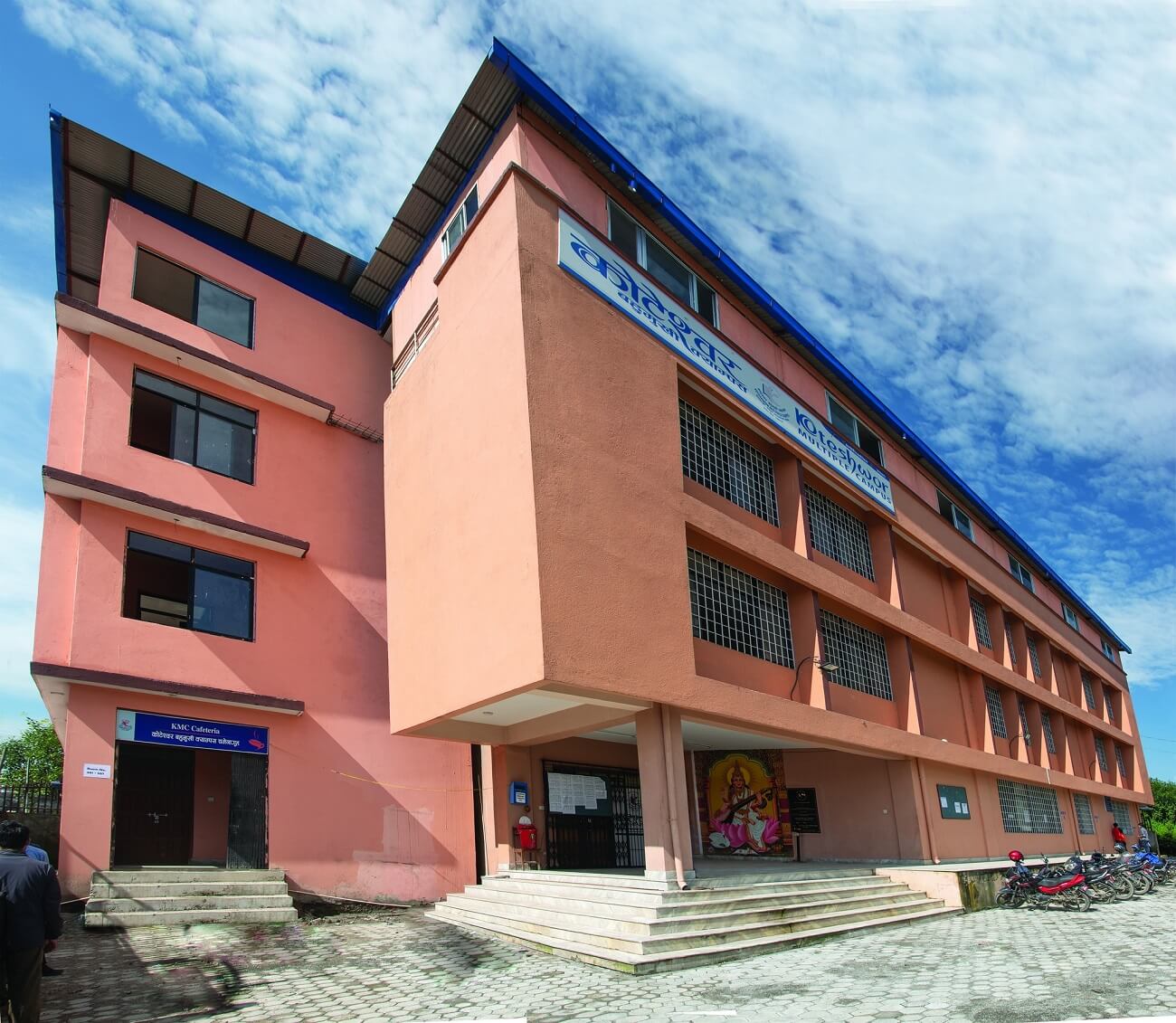
Highlights
-
Affiliation: Tribhuvan University (Nepal)
-
Streams and combinations: English, Sociology, Nepali, Rural Development, Mass Communication (subject to department scheduling)
-
Learning focus: Critical reading, clear writing, social research basics, and local context tasks
-
Facilities: Library/e-library, computer lab, classroom presentations, LMS notices and submissions
-
Progression: Pathways to MA programs and skill-based short courses linked to subject interest
Curriculum Details
Early semesters introduce foundation papers that build your capacity to read dense texts and respond through short essays and class discussions. English involves comprehension, literary forms, and stylistic analysis. Sociology explores society, culture, social change, and research basics. Nepali strengthens language, literature, and applied writing. Rural Development addresses local governance, livelihoods, and field exposure. Mass Communication looks at media writing, news values, and communication practice.
Mid to later semesters move toward focused selections shaped by department offerings. Students who choose English spend more time on critical theory, genre study, and discourse analysis. A Sociology-heavy plan deepens social theory, Nepal studies, and research techniques. Rural Development adds project appraisal and community engagement. Mass Communication extends to reporting, editing, and media ethics. Subject committees share reading lists and assignment plans in advance, which helps you track deadlines and balance workloads across papers.
Objectives
-
Build a strong foundation in reading, interpretation, and academic writing.
-
Introduce social research habits that match undergraduate scope and ethics.
-
Encourage careful citation and responsible use of primary and secondary sources.
-
Help you link classroom study to local institutions, media, and communities.
-
Prepare graduates for MA admissions and entry-level roles in education, NGOs, media, and public offices.
Scope
A BA graduate from KMC finds openings that value writing, documentation, and people skills. Media houses, NGOs, schools, local government offices, and cultural institutions frequently ask for assistants who can draft notes, compile data, and report progress. Kathmandu’s mixed economy offers small roles that grow with reliability and practice. Students who plan early for MA admission or training courses gain a clear advantage.
Learning Outcomes
Students who complete BA at KMC should be able to:
-
Read literary and social texts closely and state claims with evidence.
-
Write short research papers that follow structure, citation, and tone.
-
Summarize interviews, field notes, or documents into clean reports.
-
Present ideas clearly in class using slides, handouts, or posters.
-
Link theory to everyday examples drawn from ward offices, media stories, or community groups.
Skill Development Modules
-
Academic writing: paragraph structure, thesis statements, revision checklists
-
Research basics: question framing, note-taking, basic sampling, consent forms
-
Data handling: simple coding of interview notes, tables, and charts in spreadsheets
-
Communication: presentation outlines, voice and timing, Q&A handling
-
Media tasks (where applicable): news leads, captions, page planning basics
-
Language support: vocabulary logs, style practice, and translation drills (English/Nepali)
Teaching Methodology
Classes mix lectures, tutorials, presentations, and short field assignments. Teachers often use local examples, such as a media brief on a ward program or a reading pack on migration. Small groups share tasks—summary notes, poster sessions, and mini-surveys—so each member practices writing and speaking. The library and e-library provide reading reserves. The LMS carries notices, rubrics, and submission links, which keeps you organized through busy weeks.
Admission Requirements
Applicants need 10+2 or equivalent that meets Tribhuvan University’s criteria for BA entry. Required documents usually include academic transcripts, character certificate, photos, and a copy of citizenship or valid ID. Migration papers may be requested for students coming from non-TU boards. Intake numbers and application windows follow campus notices each session. Scholarship forms, if applicable, must be submitted within stated deadlines.
Career Opportunities
-
Media and communication: reporting support, copy editing, newsroom assistance
-
NGO/community work: documentation, outreach notes, event summaries, field coordination
-
Education support: classroom assistance, remedial tutoring, library or admin help
-
Public service and local bodies: record-keeping, information desks, basic data entry
-
Culture and heritage: curation support, brochure writing, tour script preparation
Employers respond well to clean writing samples and punctual teamwork. A small portfolio—two short articles, one field report, and a presentation slide deck—serves as strong proof of ability.
Scholarships and Financial Aid
KMC announces merit and need-based support by notice. Common provisions include tuition waivers for top performers and assistance for students who submit verified financial documents. Keep photocopies of mark sheets and ID ready, and follow the application timeline closely. Late or incomplete forms reduce the chance of consideration.
Why Choose This Course?
BA at KMC balances theory and practice in a way that fits Kathmandu’s work setting. Reading lists point you to quality sources, while short field tasks keep study grounded. Faculty feedback arrives at key checkpoints, which lets you improve drafts before final submission. The route to MA study remains open for students who show steady progress and reflective writing.
Conclusion
BA at Koteshwor Multiple Campus gives you a clear path from classroom reading to practical writing and basic research. Care and patience matter in this program. Students who plan weekly reading time, keep tidy notes, and revise drafts early finish stronger and move forward with confidence.
FAQ
Who awards the BA degree?
Tribhuvan University.
How long is the course?
Three academic years under the TU system in effect for BA at the campus.
Are internships available?
Departments may announce short placements or media/NGO visits when partners are available.
Which combinations are popular?
English–Sociology, Nepali–Sociology, and Rural Development–Sociology often attract steady interest.
What helps with MA admission?
A small research paper, clean writing samples, and consistent grades across core subjects.



